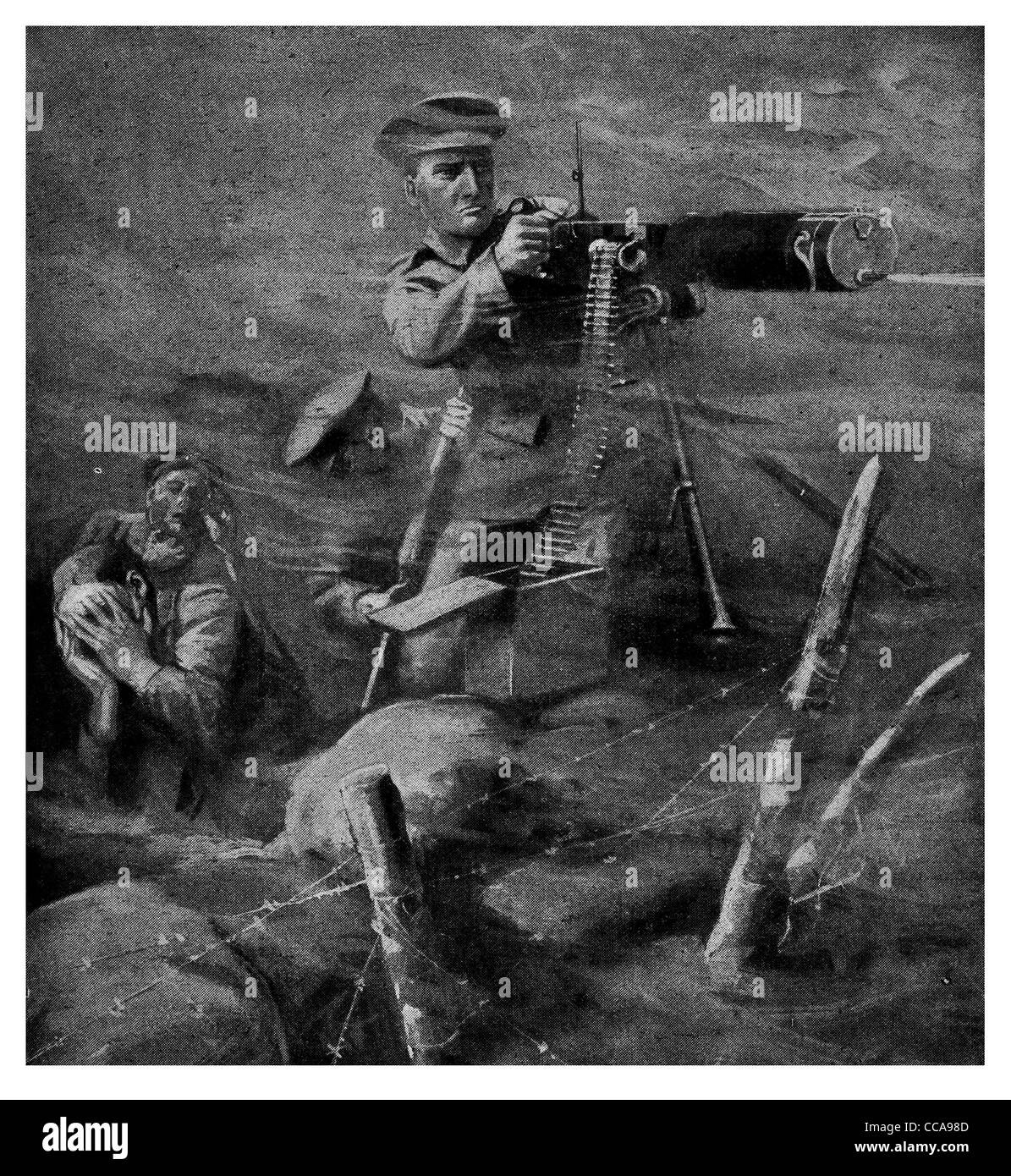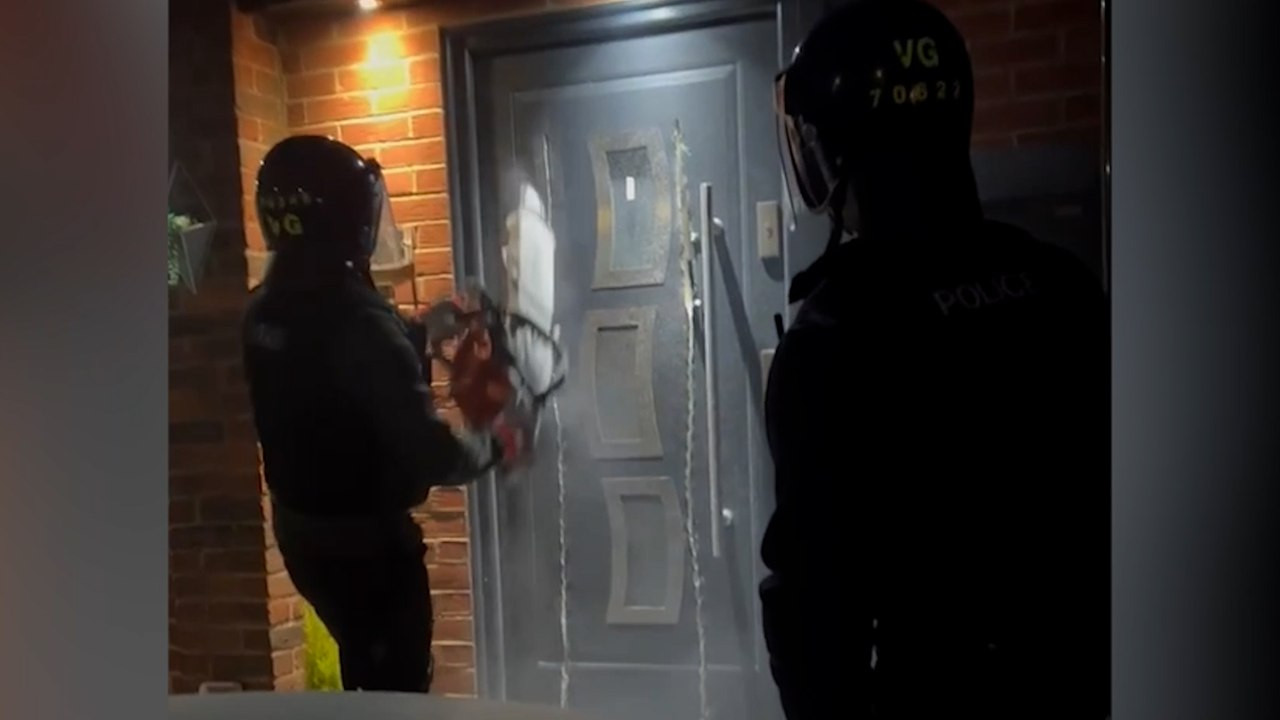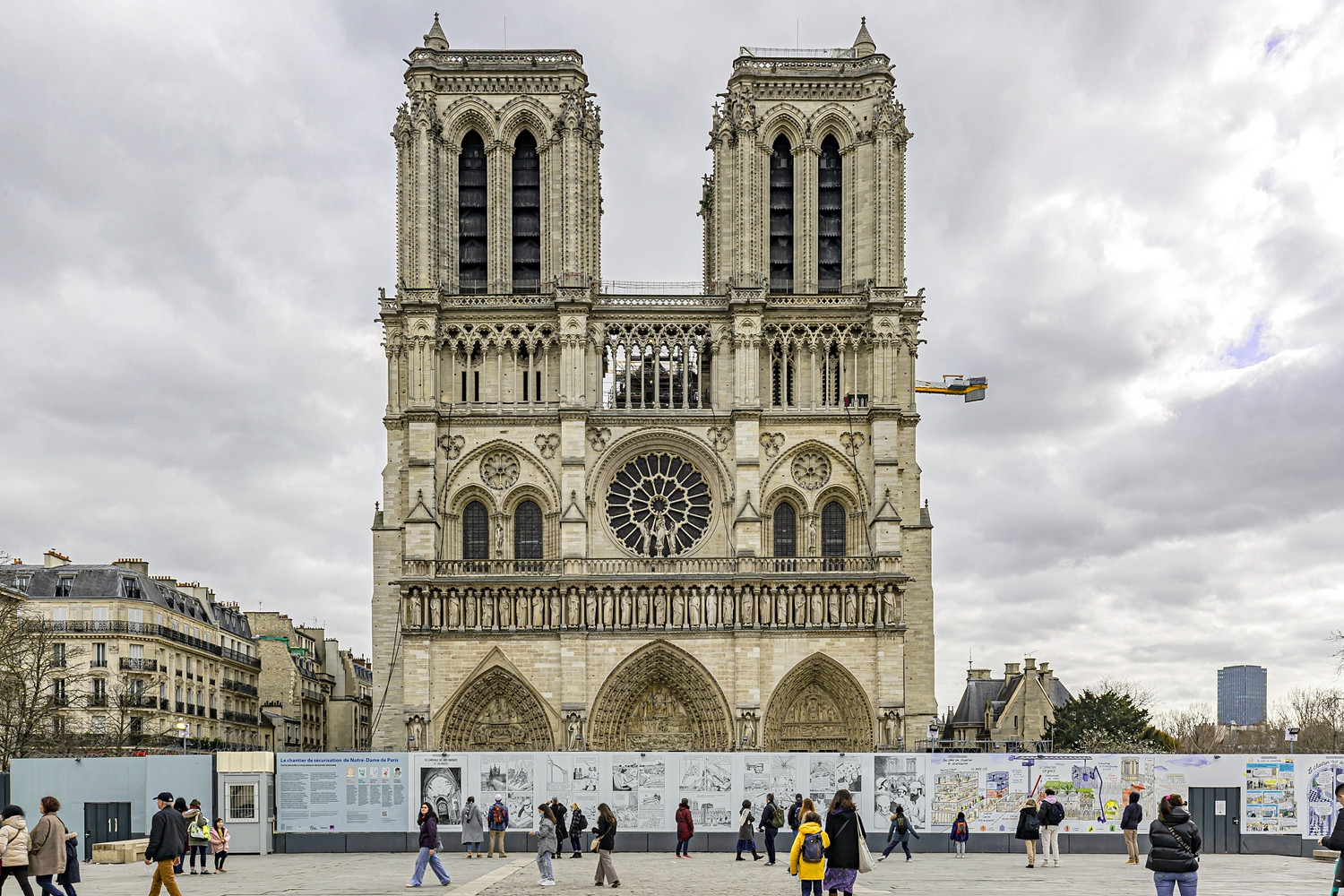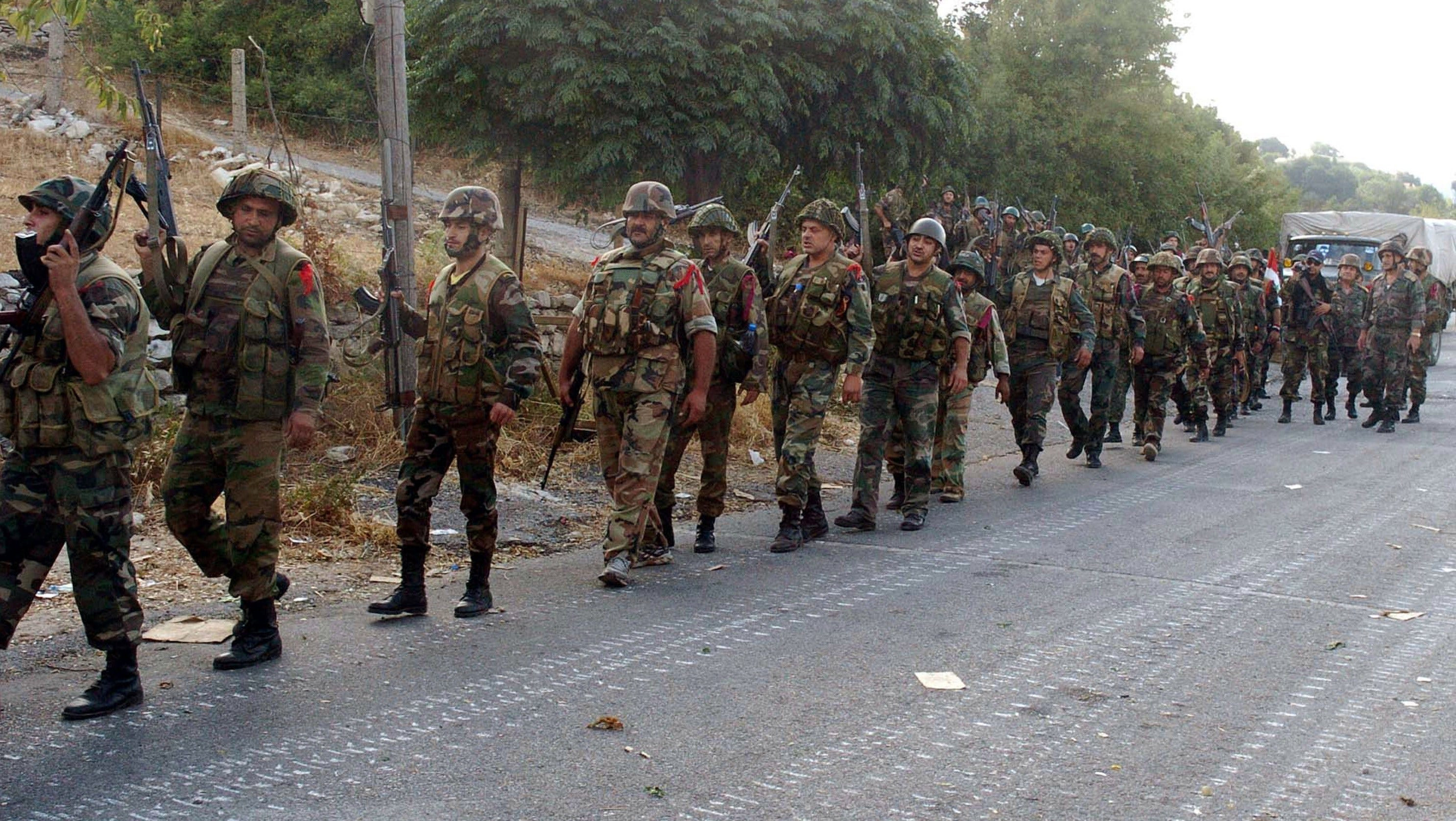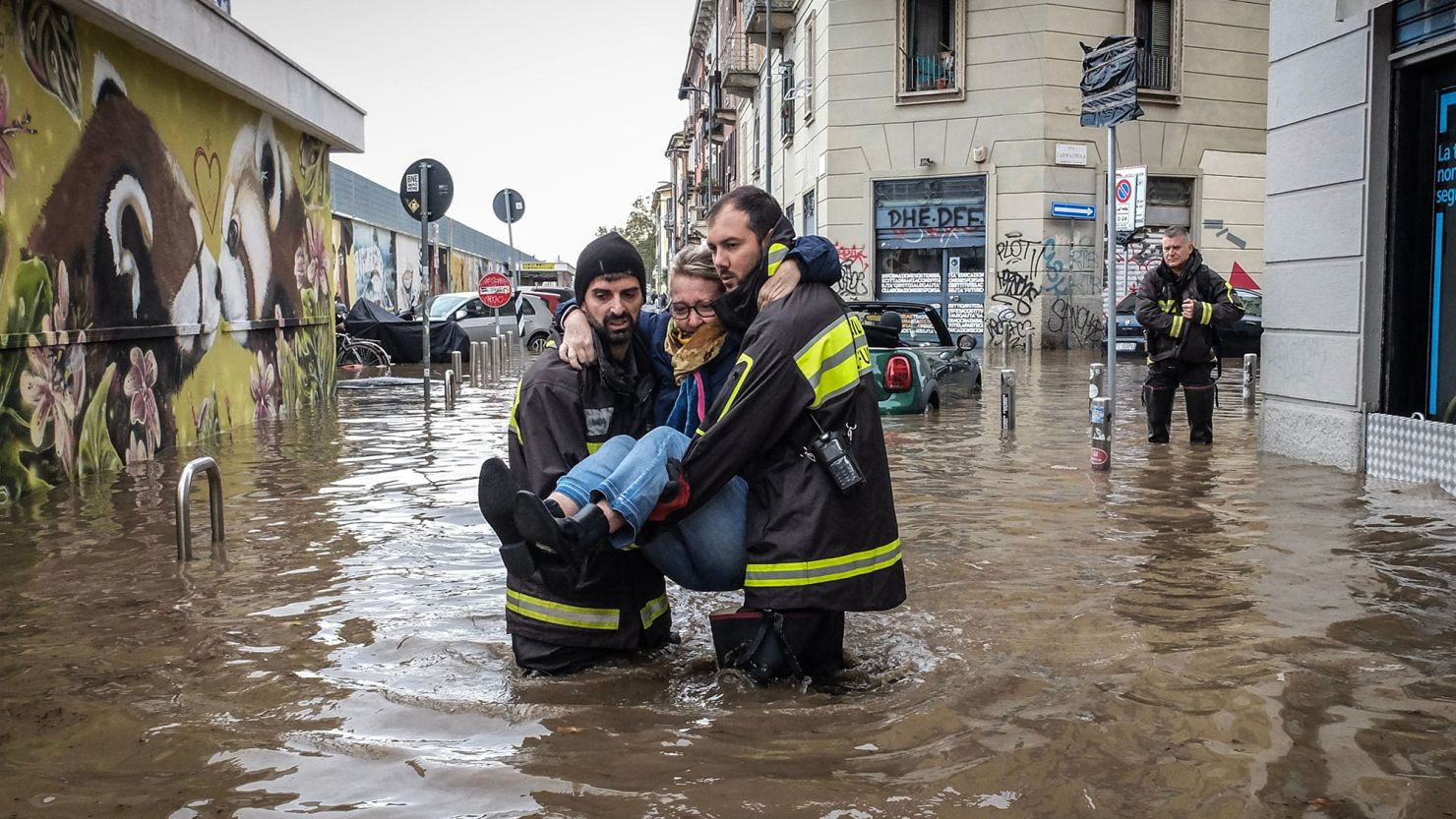From bravery on the field of battle to stoicism behind the lines, New Brunswickers of all backgrounds have made their marks. Here are the stories of four veterans.
To say Milton Fowler Gregg had leadership qualities would be a gross understatement. Gregg was born in Snyder Mountain, just outside Sussex, and joined the army as a reserve soldier before the First World War. When the war started, he was quickly sent overseas as a stretcher bearer. He fought in the Second Battle of Ypres, when the German army used poison gas on a large scale on the Western Front.
It was during that battle that Gregg made an impression on his military superiors. "He [was] identified by the chain of command as having some capacity to lead other humans in difficult situations and make effective decisions in high-pressure scenarios," said Lee Windsor, a professor at the University of New Brunswick.
After graduating from officer training school, Gregg was sent back to the front line, where he became an infantry platoon commander with the Royal Canadian Regiment. "It was a big deal that this local yokel from from southern New Brunswick … gets assigned to the [regiment], and he turns out to be a superstar," said Windsor.
While Gregg won distinction in several battles, it was at the Battle of Cambrai, in France, where he may have helped turn the tide of war in favour of the Allies. Gregg found a break in the German wire around their important supply centre. With a small group of men, he took a section of the front, his men taking charge of the machine guns while he helped to keep the Germans at bay. "Milton was well known for pitching hand grenades," said Windsor. "He largely broke up this German counterattack by whipping hand grenades like baseballs."
Gregg's bravery that day earned him the Victoria Cross, the British Empire's highest military honour. "This [was] a heroic act of leadership and command of a group of soldiers that materially changes the course of the battle," Windsor said.
Gregg would go on to serve as the president of the University of New Brunswick, become an MP and serve as minister in several portfolios in the governments of MacKenzie King and Louis St. Laurent.
Beyond the Battlefield: The Stories of New Brunswick Nurses
Stories about brothers going off to war have long been told, but some of the stories about sisters are less well known. Saint John's Maude and Bessie Gaskin signed up as nurses and went overseas during the First World War.
Delaney Beck, a Ph.D student at the University of New Brunswick who has researched the sisters, said she found the their files in the national archives, which immediately piqued her interest. "Besides being from New Brunswick, which is always nice to see in research, I found their stories interesting because it's not very often that you'll see sisters actually enlist," said Beck.
Not much is known about the sisters' pre-war lives, other than they grew up in the Port City and were taught nursing at the Saint John Hospital. Their experiences in war were different, in that Maude was stationed in England, while Bessie eventually served in France. But they also shared something — both suffered from mental health issues at the time, she said.
The sisters would have treated hundreds of soldiers, many with the kind of gruesome injuries they wouldn't have seen during their civilian nursing careers. "Getting these streams of men coming off train, sometimes in the middle of the night, just never-ending for hours on end. And with not very many opportunities for leaves in the really busy periods," said Beck.
Unfortunately, not much is known about their lives after the war. "They both got married, so it's very possible they didn't continue with nursing," said Beck. "A lot of nurses, when they got married, they left the profession as was kind of the standard for the time."
The Acadian Experience: A Unique Perspective on War
Many Acadians served in the Canadian army during the Second World War, but their experiences were often different from their anglophone counterparts. This can be seen in the service record of Israel Robichaud, from Val Comeau, near Tracadie.
Robichaud was a unilingual farmer, with limited education, who was conscripted into the exclusively anglophone army in New Brunswick, said Nancy Carvell, a graduate student at UNB.. Robichaud was conscripted for a 30-day home service, but joined the army voluntarily after being conscripted again, this time for a longer period of home service. "There were a number of reasons why many young men did choose to volunteer at the time. There was definitely some stigma associated with being a conscript," said Carvell.
Volunteers would have some say over what jobs they could get in the army, whereas conscripts would have been sent to the infantry, she said. Robichaud did look to join the artillery but even though he volunteered, his language meant he was pushed into the more dangerous infantry. "They wanted to put him in the infantry, which is where they sent many of the young men who either had difficulty with language, had very limited education and they believed, rightly or wrongly, had limited potential to learn and be involved in some other trade," said Carvell.
Unfortunately, we know little about Robichaud's military career, other than he was sadly killed in action, in Italy, on December 4th, 1944. Carvell said Acadians are often lumped together with Quebecers in the larger discussion about French-Canadian soldiers in the war, which isn't fair. "The Acadians existed as their own community … with their own ideas, their own values and their own opinions of the war — grounded in their own experiences, which was largely based on being a minority within an anglophone province," she said. "So much of the Acadian experience is tied in with issues of language and education, and I feel that gets neglected."
Remembering the Sacrifice: A Legacy of Courage and Resilience
The stories of these New Brunswick veterans serve as a powerful reminder of the sacrifices made during times of war. They highlight the courage, resilience, and unwavering commitment of individuals who answered the call to duty. These accounts, though diverse in their experiences, offer a glimpse into the broader tapestry of the Canadian military history, ensuring that their contributions and sacrifices are never forgotten. Through their dedication and bravery, they paved the way for a brighter future, leaving behind a legacy that continues to inspire generations to come.




